About Sheppard Pratt Integrated Behavioral Health at GBMC – Owings Mills
Sheppard Pratt Integrated Behavioral Health at GBMC is a collaborative care effort between Sheppard Pratt and the Greater Baltimore Medical Center. The collaboration provides behavioral health services, including substance use disorder (SUD) treatment, to clients through their regular primary care offices. This facility in Owings Mills, Maryland is one of those offices. The behavioral health treatment programs accept insurance from many of the major insurance providers as well as Medicaid and Medicare.
Embedded Collaborative Behavioral Health Care in Owings Mill, Maryland
Owings Mills is in Baltimore County and is a suburb of Baltimore. The city offers a suburban and urban mix and is just 20 miles north of Baltimore. This primary care office in Owings Mills has psychiatrists, substance use experts, licensed social workers, and behavioral health experts on the care team. They offer outpatient services to young adults and adults.
The team includes behavioral health care managers (BHCMs) who coordinate with your primary health care providers. Together they provide customized care plans to address the needs of each client. The BHCMs support you in the way that works best for you, including by phone, video chats, or in person appointments.
Specialized Dual Diagnosis Treatment in Maryland
The collaborative care treatment model allows physicians to offer many types of mental health treatment, including help for clients with co occurring mental health disorders and SUD, called dual diagnosis. Although the dual diagnosis program isn’t offered at the Owings Mills location, your BHCM can refer you to the nearest treatment center which is less than 30 minutes away.
The SUD programs include outpatient detoxification which uses medication assisted treatment (MAT). Clients receive ongoing therapy and support, including individual, group, and family therapy. Clients in treatment are required to attend self help or 12 step meetings, an important step in building a sober support system.
Court Mandated Alcohol and Drug Education in Baltimore County
There’s a six week Drug and Alcohol Education program that satisfies the requirements of the Maryland court. The program is for clients involved in the criminal justice system, usually due to a DWI or DUI.
Latest Reviews
Rehab Score
Gallery
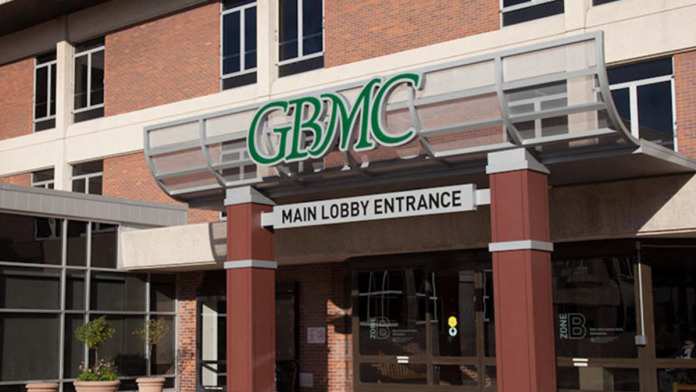
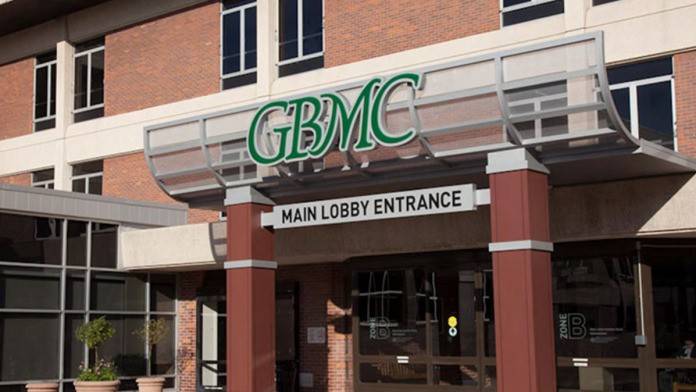
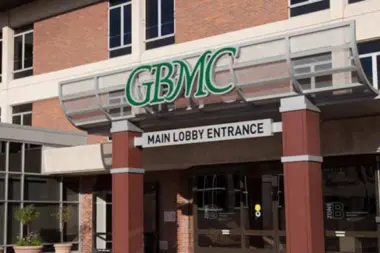
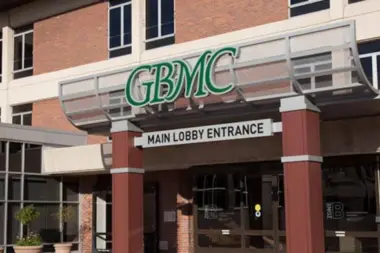
Accepted Insurance
Other Forms of Payment
Private insurance refers to any kind of healthcare coverage that isn't from the state or federal government. This includes individual and family plans offered by an employer or purchased from the Insurance Marketplace. Every plan will have different requirements and out of pocket costs so be sure to get the full details before you start treatment.
Self-pay involves paying for treatment out of your own pocket. You can use savings or credit, get a personal loan, or receive help from family and friends to fund your treatment. If you don't have insurance or your insurance plan doesn't cover a specific program, self-pay can help ensure you still get the care you need.
Financial aid can take many forms. Centers may have grants or scholarships available to clients who meet eligibility requirements. Programs that receive SAMHSA grants may have financial aid available for those who need treatment as well. Grants and scholarships can help you pai for treatment without having to repay.
Medicare is a federal program that provides health insurance for those 65 and older. It also serves people under 65 with chronic and disabling health challenges. To use Medicare for addiction treatment you need to find a program that accepts Medicare and is in network with your plan. Out of pocket costs and preauthorization requirements vary, so always check with your provider.
Medicaid is a state based program that helps lower-income individuals and families pay for healthcare. Medicaid covers addiction treatment so those enrolled can use their coverage to pay for rehab. When a program accepts Medicaid the client often pays very little or nothing out of their own pocket.
Addiction Treatments
Levels of Care
Outpatient Programs (OP) are for those seeking mental rehab or drug rehab, but who also stay at home every night. The main difference between outpatient treatment (OP) and intensive outpatient treatment (IOP) lies in the amount of hours the patient spends at the facility. Most of the time an outpatient program is designed for someone who has completed an inpatient stay and is looking to continue their growth in recovery. Outpatient is not meant to be the starting point, it is commonly referred to as aftercare.
Treatments
Mental health rehabs focus on helping individuals recover from mental illnesses like bipolar disorder, clinical depression, anxiety disorders, schizophrenia, and more. Mental health professionals at these facilities are trained to understand and treat mental health issues, both in individual and group settings.
Substance rehabs focus on helping individuals recover from substance abuse, including alcohol and drug addiction (both illegal and prescription drugs). They often include the opportunity to engage in both individual as well as group therapy.
Programs
Adult rehab programs include therapies tailored to each client's specific needs, goals, and recovery progress. They are tailored to the specific challenges adult clients may face, including family and work pressures and commitments. From inpatient and residential treatment to various levels of outpatient services, there are many options available. Some facilities also help adults work through co-occurring conditions, like anxiety, that can accompany addiction.
Young adulthood can be an exciting, yet difficult, time of transition. Individuals in their late teens to mid-20s face unique stressors related to school, jobs, families, and social circles, which can lead to a rise in substance use. Rehab centers with dedicated young adult programs will include activities and amenities that cater to this age group, with an emphasis on specialized counseling, peer socialization, and ongoing aftercare.
Clinical Services
Research clearly demonstrates that recovery is far more successful and sustainable when loved ones like family members participate in rehab and substance abuse treatment. Genetic factors may be at play when it comes to drug and alcohol addiction, as well as mental health issues. Family dynamics often play a critical role in addiction triggers, and if properly educated, family members can be a strong source of support when it comes to rehabilitation.
Group therapy is any therapeutic work that happens in a group (not one-on-one). There are a number of different group therapy modalities, including support groups, experiential therapy, psycho-education, and more. Group therapy involves treatment as well as processing interaction between group members.
In individual therapy, a patient meets one-on-one with a trained psychologist or counselor. Therapy is a pivotal part of effective substance abuse treatment, as it often covers root causes of addiction, including challenges faced by the patient in their social, family, and work/school life.
Trauma therapy addresses traumatic incidents from a client's past that are likely affecting their present-day experience. Trauma is often one of the primary triggers and potential causes of addiction, and can stem from child sexual abuse, domestic violence, having a parent with a mental illness, losing one or both parents at a young age, teenage or adult sexual assault, or any number of other factors. The purpose of trauma therapy is to allow a patient to process trauma and move through and past it, with the help of trained and compassionate mental health professionals.
Amenities
-
Private Setting
Staff
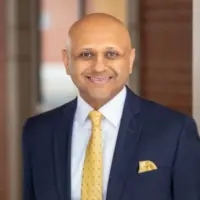
Harsh K. Trivedi, MD, MBA
President & CEO

Gregory Gattman, FACHE
Vice President & COO

Jeffrey Grossi, MBA, MEd
Chief of Staff

Claudia Keenan
Vice President & Chief Development Officer

Todd Peters
Senior VP & Chief Medical Officer
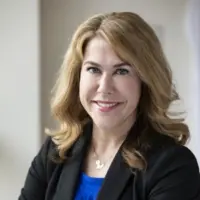
Kelly Savoca, CPA, MBA
Senior VP & CFO

Jennifer Weiss
Senior VP & Chief Strategy Officer
Contact Information
10085 Red Run Boulevard
Suite 105, 306
Owings Mills, MD 21117




